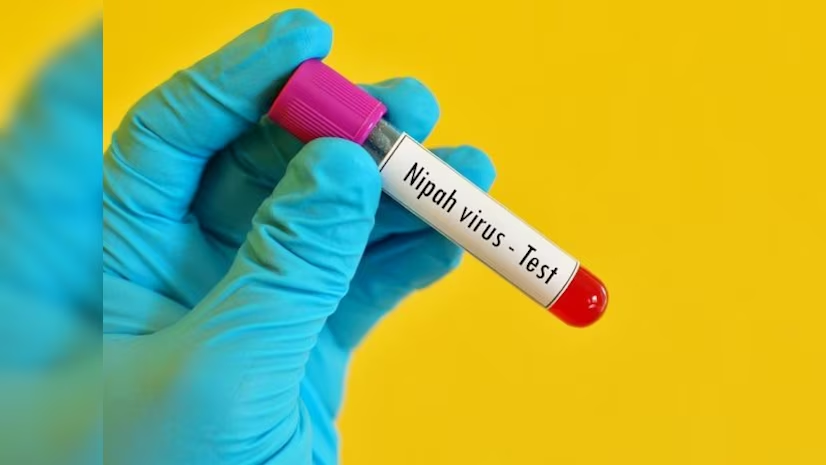
Oxford scientists begin first human vaccine trials for Nipah virus
text_fieldsLondon: Scientists at the University of Oxford in the UK have launched the first-in-human clinical trial to test a vaccine to protect people against the deadly Nipah virus.
Fifty-one people aged 18 to 55 will participate in the trial of the ChAdOx1 NipahB vaccine, developed by researchers at the University of Oxford’s Pandemic Sciences Institute, the varsity said in a statement.
Nipah virus is a devastating disease that can be fatal in around 75 per cent of cases. Outbreaks have occurred in countries in Southeast Asia, including Singapore, Malaysia, Bangladesh and India, with a recent outbreak in Kerala in September 2023.
Nipah virus is carried by fruit bats and may also be transmitted by contact with infected animals (such as pigs) or from person to person via close contact.
Despite the first outbreaks of the Nipah virus occurring 25 years ago in Malaysia and Singapore, there are currently no approved vaccines or treatments.
“Nipah virus was first identified in 1998, and yet 25 years on the global health community still has no approved vaccines or treatments for this devastating disease,” said Professor Brian Angus, the trial’s Principal Investigator and Professor in the varsity’s Nuffield Department of Medicine.
“Due to the high mortality rate and the nature of Nipah virus transmission, the disease is identified as a priority pandemic pathogen. This vaccine trial is an important milestone in identifying a solution that could prevent local outbreaks from occurring, while also helping the world prepare for a future global pandemic.”
The Nipah virus, which is recognised by the World Health Organisation (WHO) as a priority disease requiring urgent research, belongs to the same family of paramyxoviruses as more well-known pathogens like measles.
The scientists produced the vaccine against the Nipah virus using the ChAdOx1 platform, the same viral vector vaccine platform that was used for the Oxford/AstraZeneca Covid-19 vaccine, and that has saved an estimated six million lives worldwide.
The project will run over the next 18 months, with further trials expected to follow in a Nipah-affected country.
With agency inputs
























